Tech giant Google has just been handed a stunning court defeat after a federal judge ruled Monday that Google has violated the Sherman Act and has acted to maintain a monopoly on internet searches.
The judge determined that exclusive deals the company cut with industry figures like Apple allowed it to unfairly shut out potential internet search rivals like DuckDuckGo and Microsoft’s Bing.
Government Case Against Google
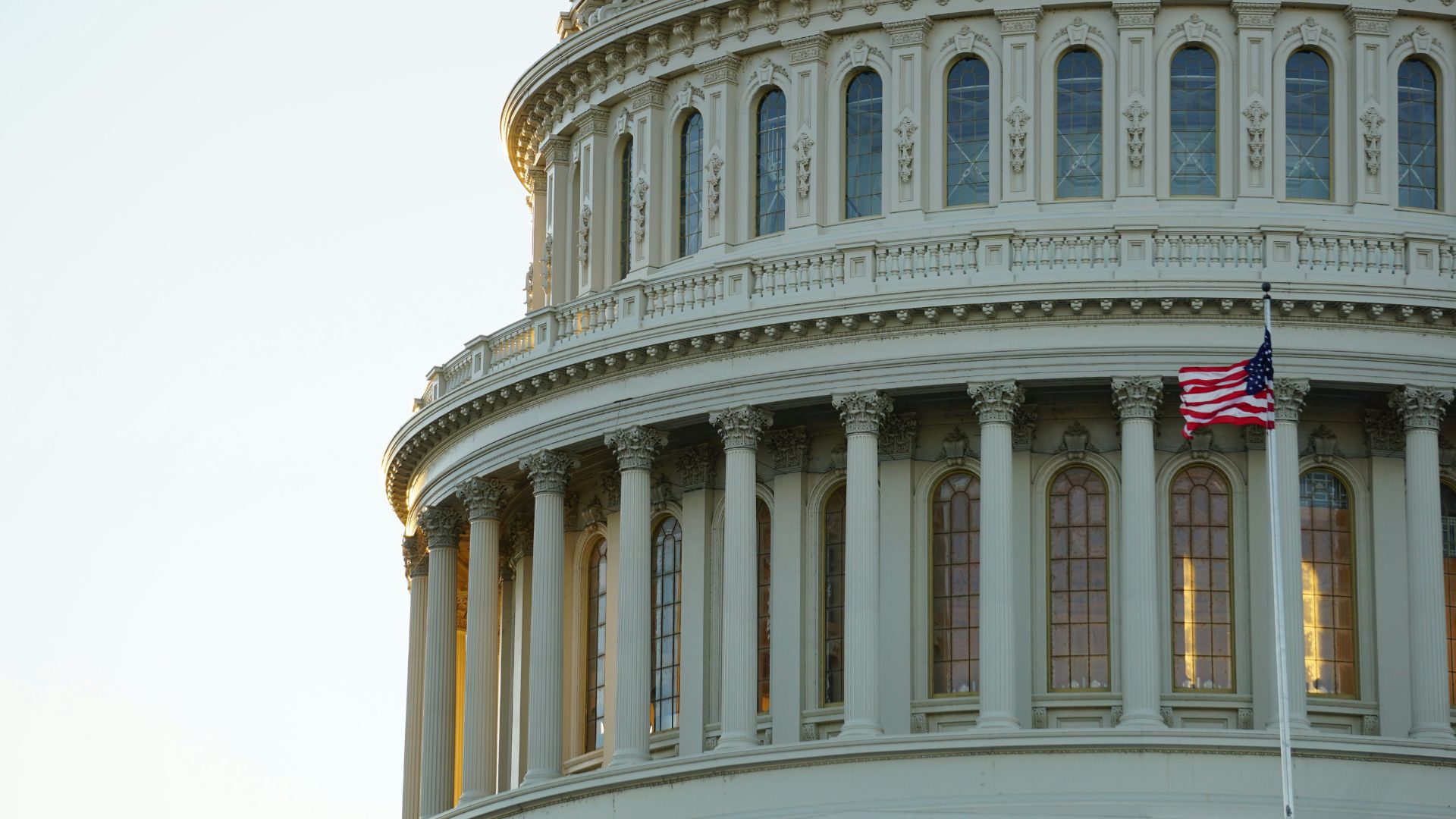
The United States Government, joined by 11 states, took Google LLC to court in the US District of Columbia in 2020 accusing it of violating anti-trust laws and for its alleged monopoly in digital advertising. The case against Google was in discovery for nearly three years, with more complaints being added in that time.
“Today’s complaint alleges that Google has used anticompetitive, exclusionary, and unlawful conduct to eliminate or severely diminish any threat to its dominance over digital advertising technologies,” said Attorney General Merrick B. Garland in 2023. “No matter the industry and no matter the company, the Justice Department will vigorously enforce our antitrust laws to protect consumers, safeguard competition, and ensure economic fairness and opportunity for all.”
Judge Ruling
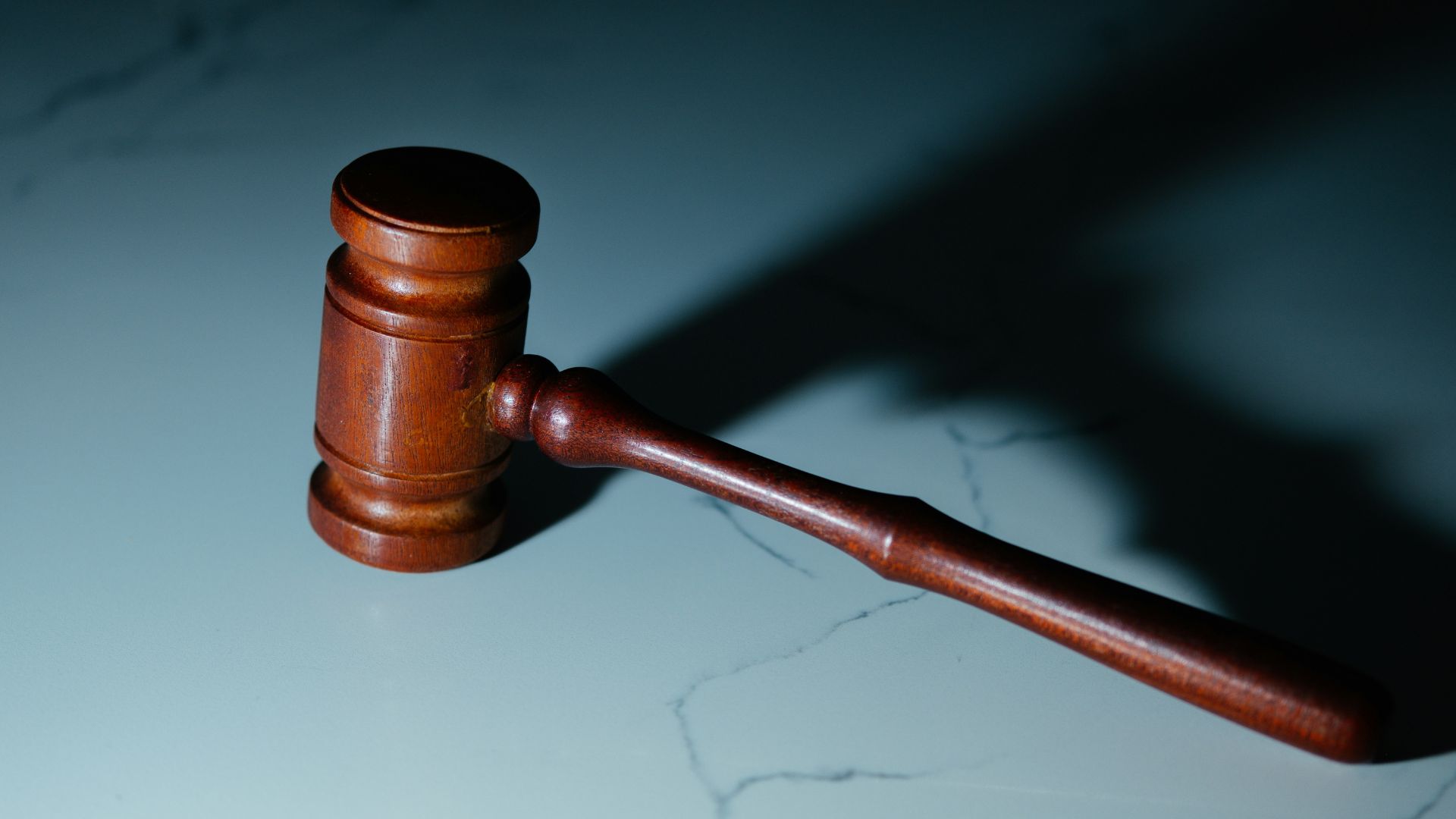
Now, years later, US District Court Judge Amit Mehta has handed down a judgment mostly siding with the government’s case against Google.
“After having carefully considered and weighed the witness testimony and evidence, the court reaches the following conclusion: Google is a monopolist, and it has acted as one to maintain its monopoly, “ Mehta wrote in the opinion. “It has violated Section 2 of the Sherman Act.”
What is the Sherman Act?

The Sherman Act, also known as the Sherman Anti-Trust Act, was the first federal law on the books that outlawed business monopolies.
Passed in 1890, section 2 of the act makes it unlawful for anyone to “‘monopolize, or attempt to monopolize, or combine or conspire with any other person or persons, to monopolize any part of the trade or commerce among the several States, or with foreign nations.”
Monopoly Profits

Judge Mehta ruled that Google has monopoly power in product search markets and general search text ads, and that it has helped to consolidate this monopoly through exclusive distribution agreements that are anti-competitive.
“Importantly, the court also finds that Google has exercised its monopoly power by charging supracompetitive prices for general search text ads,” Judge Mehta wrote. “That conduct has allowed Google to earn monopoly profits.”
Rulings in Favor
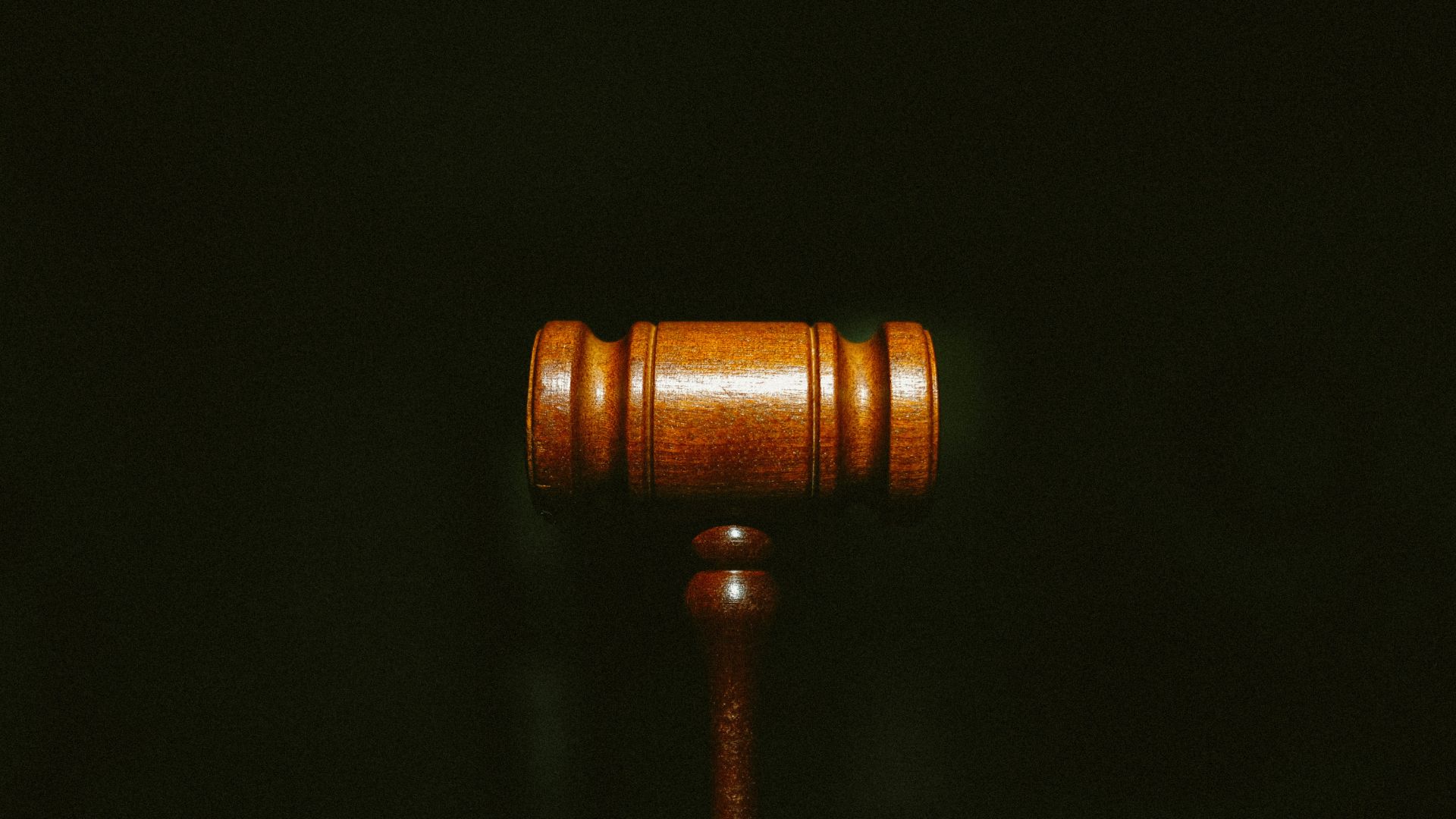
There were many issues under consideration for the judge, and some were ruled in favor of Google. For example, Judge Mehta ruled that Google lacks monopoly power in the product market for search advertising and that Google is not liable for the actions on its advertising platform known as Search Ads 360.
“The court also declines to sanction Google under Federal Rule of Civil Procedure 37(e) for its failure to preserve its employees’ chat messages,” wrote Mehta.
Consequences for Google
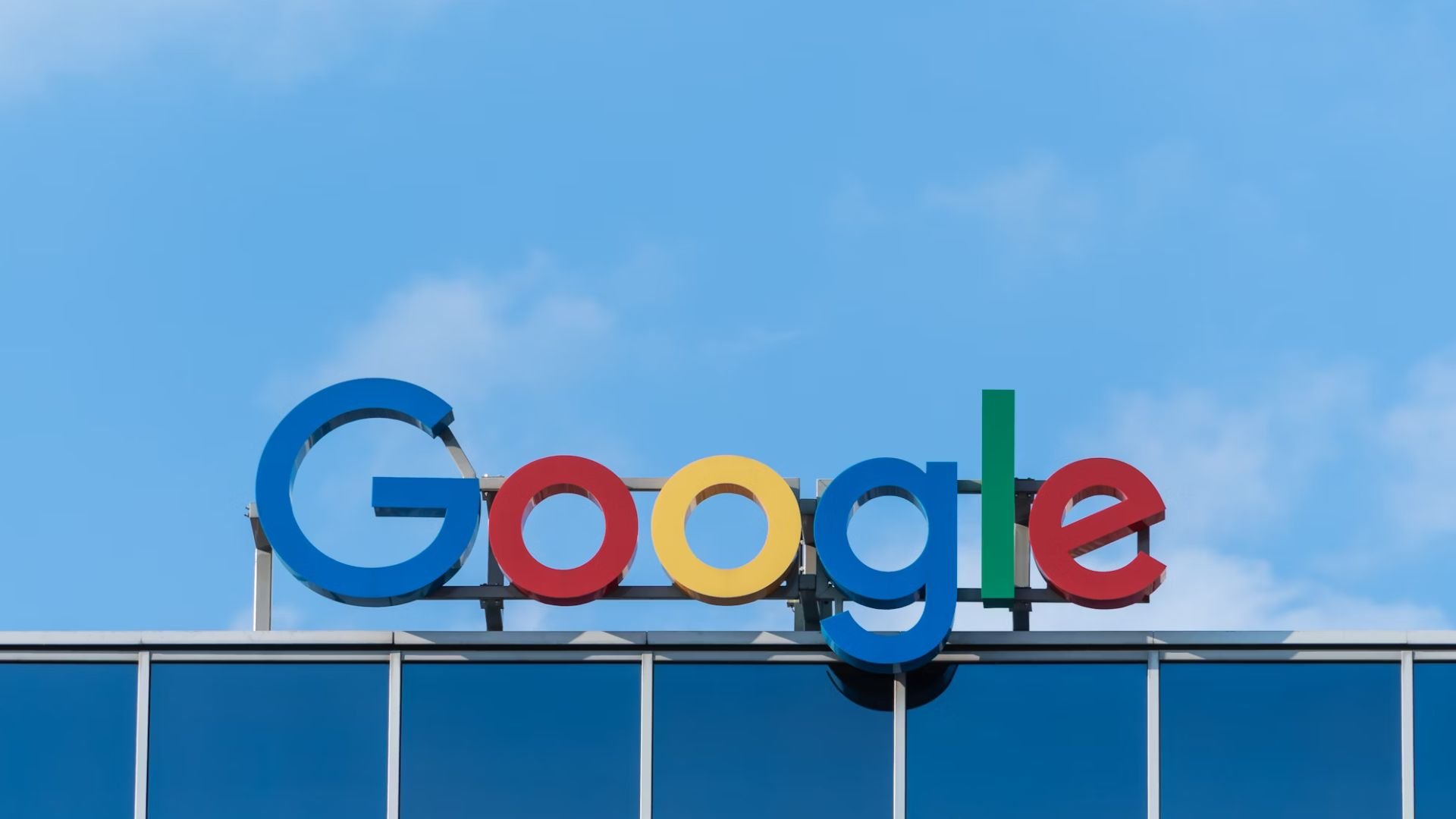
While Mehta did not sanction Google in this case, this decision is expected to cause a separate proceeding that will determine what possible penalties Google will be forced to submit to.
However, Google has indicated an intent to appeal the decision, which means any penalties could take months or years before they are finally handed down.
Google Statement
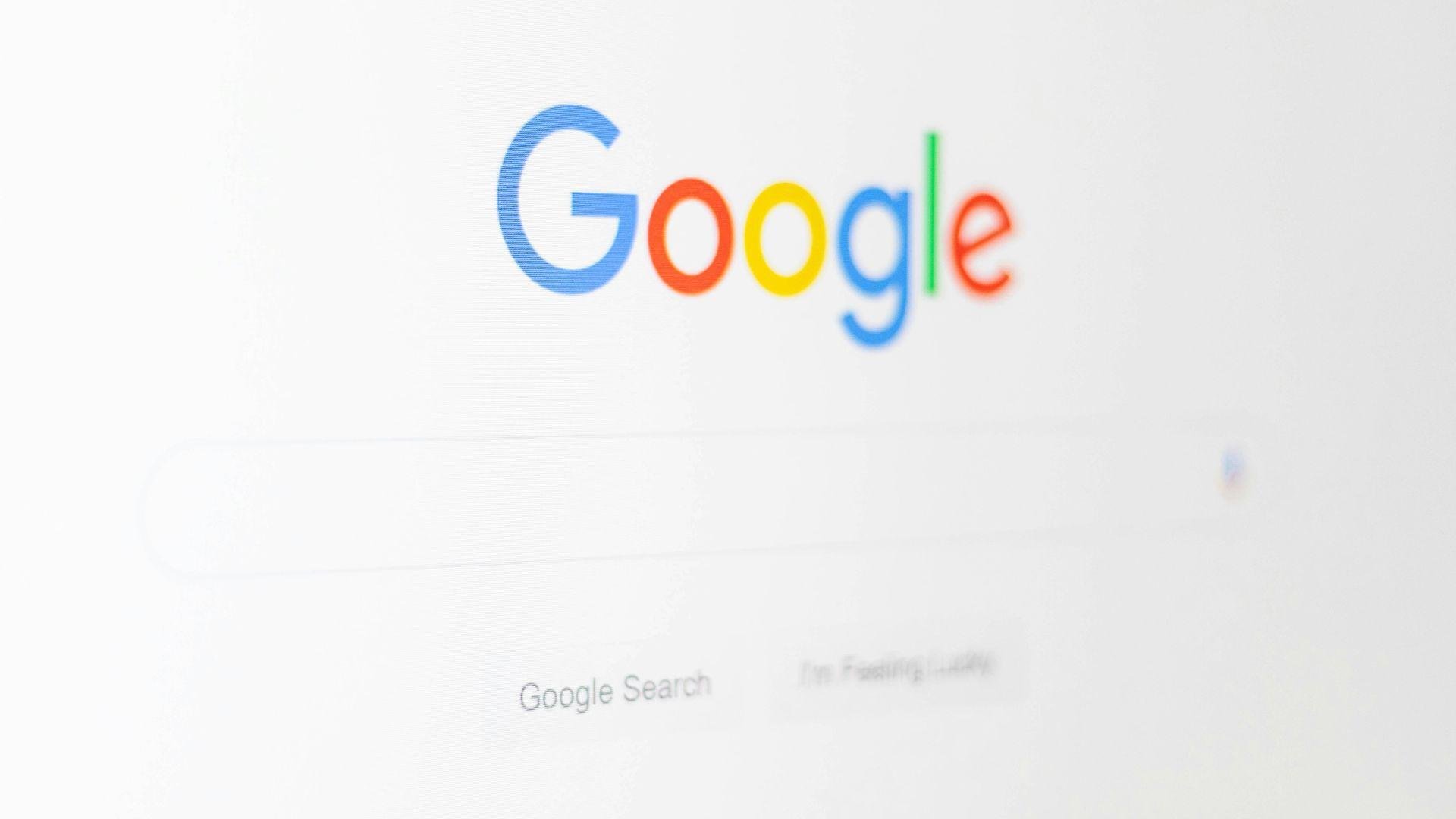
In response to the ruling, Google President Kent Walker posted a statement expressing the intent to appeal, and celebrating some of the court findings that were favorable to the company.
“We appreciate the Court’s finding that Google is ‘the industry’s highest quality search engine, which has earned Google the trust of hundreds of millions of daily users,’” Walker said. “Given this, and that people are increasingly looking for information in more and more ways, we plan to appeal.”
Historic Victory
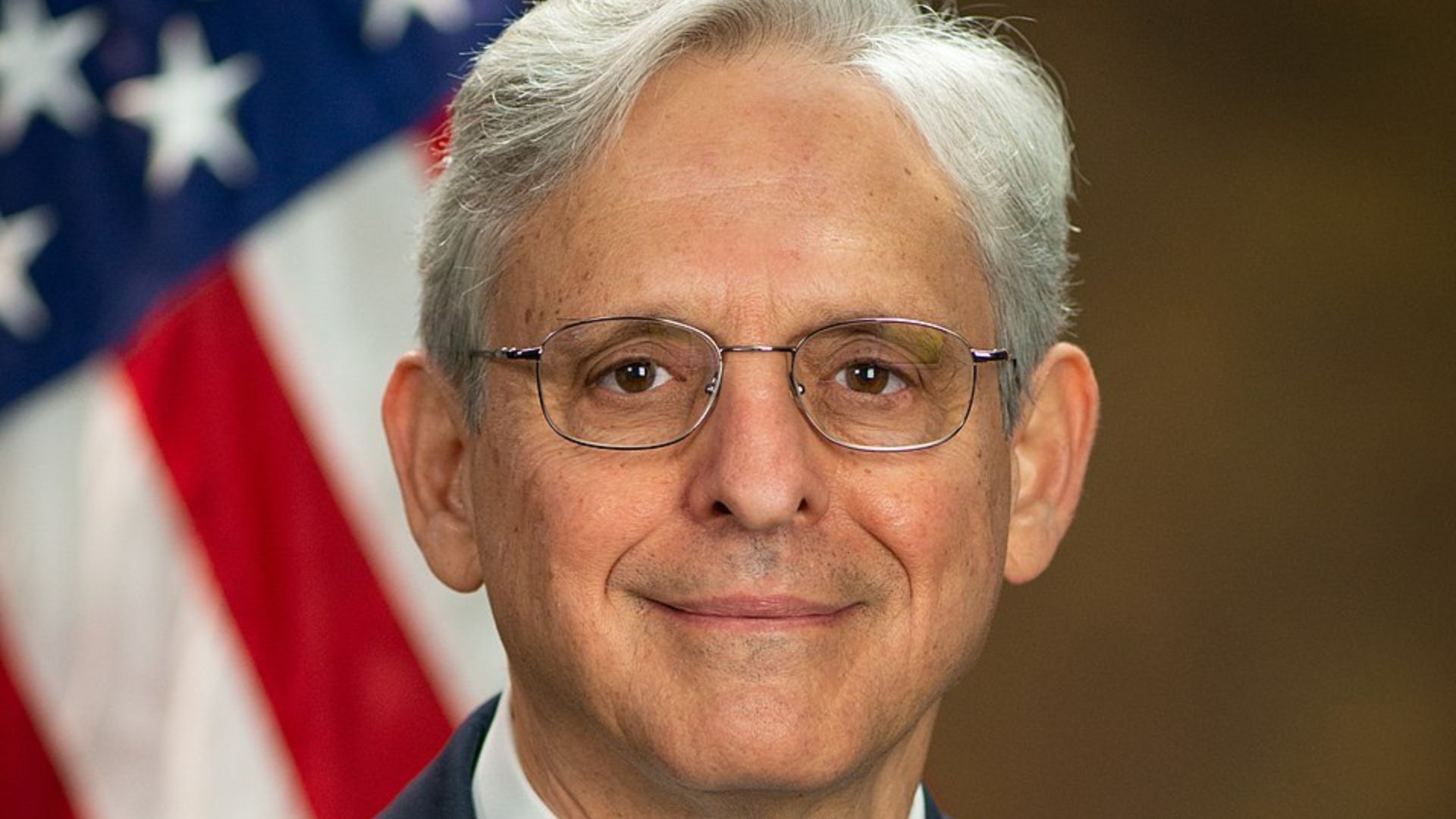
Attorney General Merrick Garland framed the ruling against Google as “historic” and some are describing it as the biggest tech antitrust case in decades.
“This victory against Google is an historic win for the American people,” Garland said. “No company — no matter how large or influential — is above the law.”
White House Support
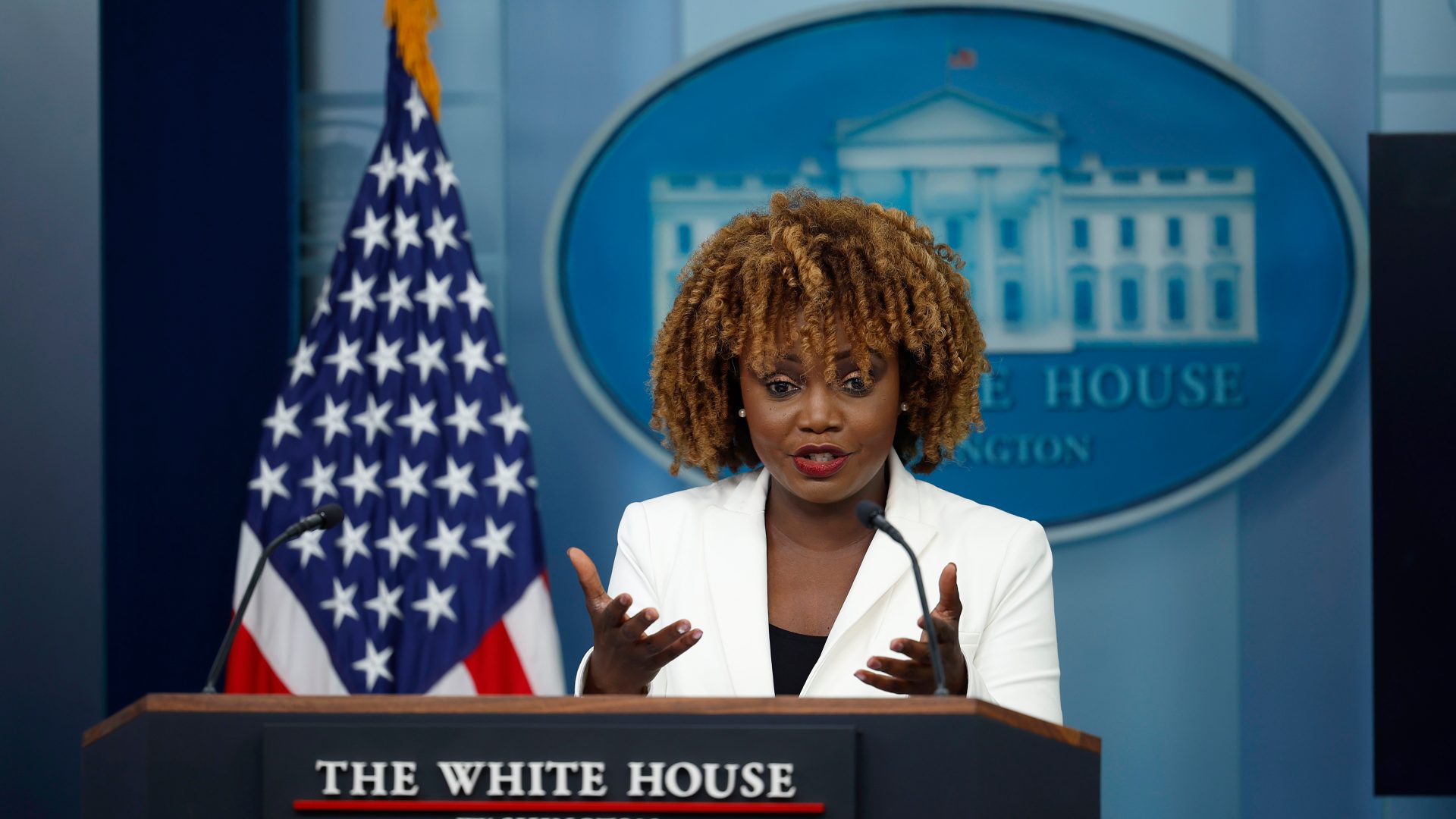
Karine Jean-Pierre, the White House Press Secretary, released a statement Monday declaring this a victory for everyday citizens.
“As President Biden and Vice President Harris have long said, Americans deserve an internet that is free, fair, and open for competition,” Jean-Pierre said.
Landmark Cases
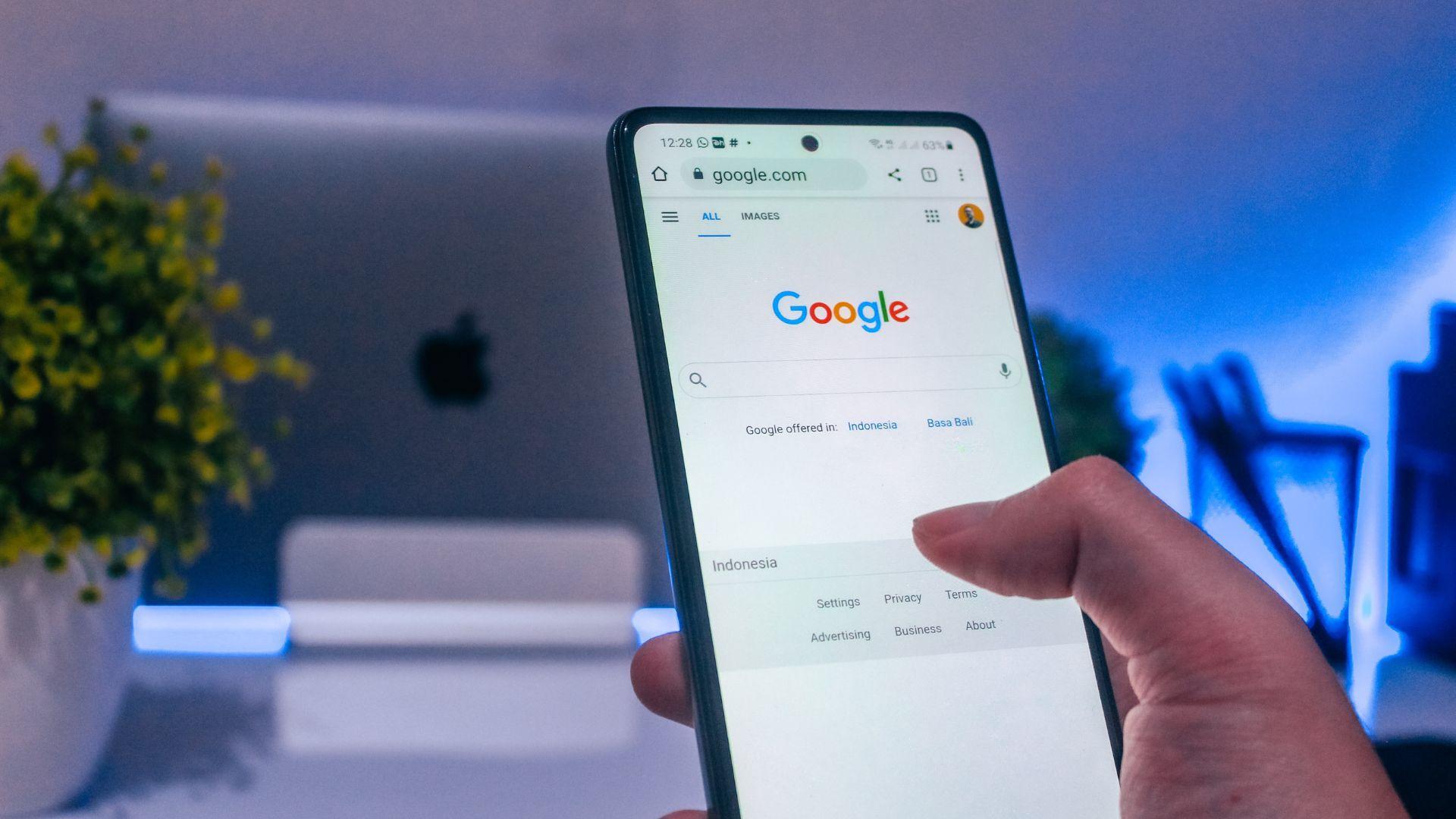
Experts weighing in on the impact of the case have described it as landmark, and say it will likely have an effect on Google’s ability to utilize exclusive contracts in the future.
“This is definitely a landmark,” said Progress Policy Institute vice president Diana Moss. “It’s very clear in signaling that the use of exclusive contracts in the hands of a monopolist violates the law.”
Microsoft is the Biggest Winner
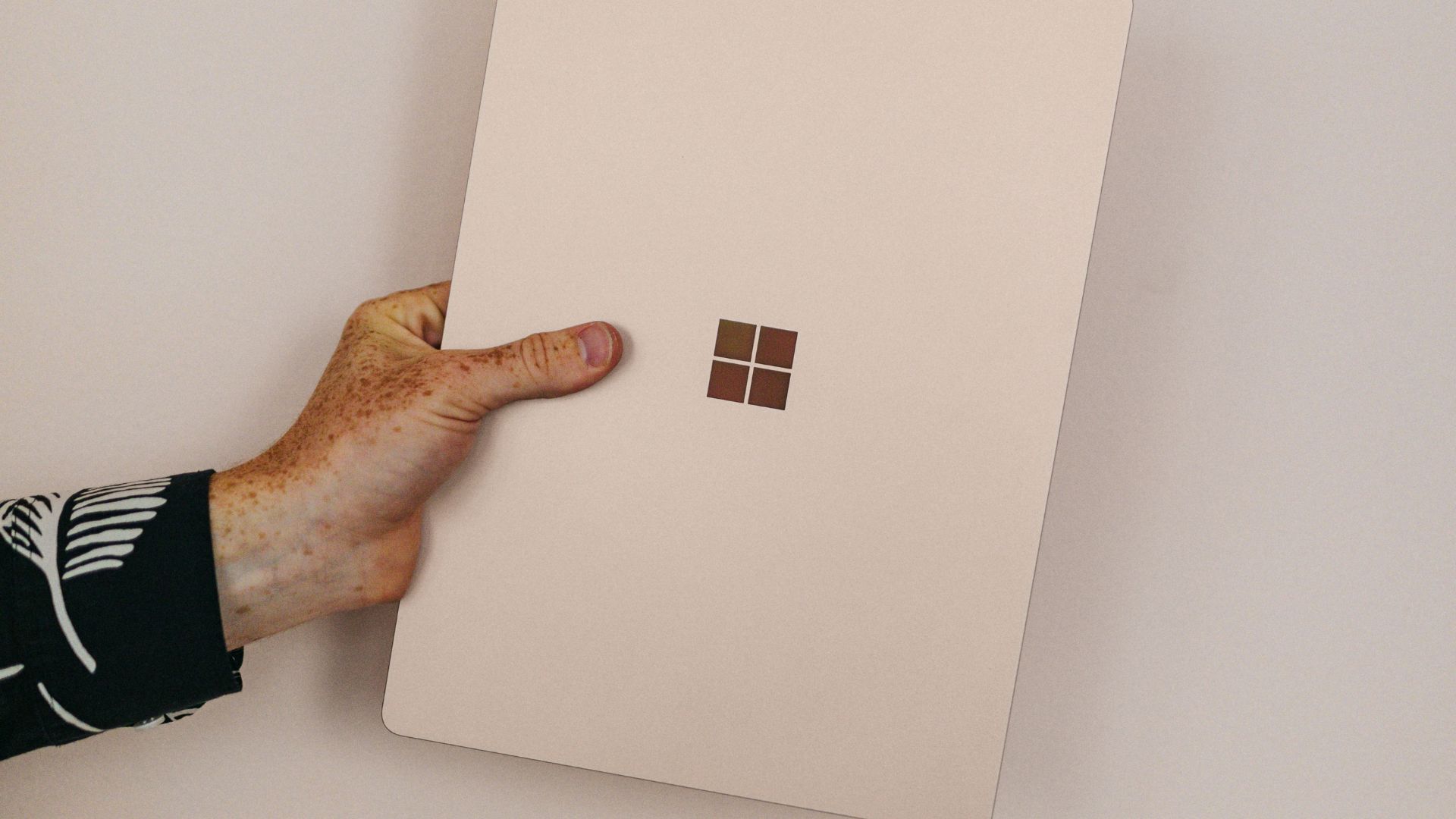
Adam Kovacevich, founder of the tech advocacy group Chamber of Progress and former Google policy director, was critical of the ruling and said that customers and small tech companies aren’t winning from this decision. Instead, the biggest winner would be tech giant Microsoft.
“Microsoft has underinvested in search for decades, but today’s ruling opens the door to a court mandate of default deals for Bing. That’s a slap in the face to consumers who chose Google because they think it’s the best,” Kovacevich said. Satya Nadella, the CEO of Microsoft, delivered testimony against Google in the trial.
